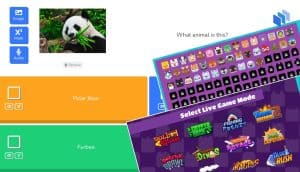What Does .NET Framework Mean?
The .NET framework is a software development framework from Microsoft. It provides a controlled programming environment where software can be developed, installed and executed on Windows-based operating systems.
The principal design features are:
- Interoperability: This allows for .NET-developed programs to access functionalities in programs developed outside .NET.
- Common Runtime Engine: Also known as the common language runtime, this allows programs developed in .NET to exhibit common behaviors in memory usage, exception handling and security.
- Language Independence: Common language infrastructure specifications (CLI) allow for the exchange of data types between two programs developed in different languages.
- Base Class Library: A library of code for most common functions–used by programmers to avoid repetitive rewriting of code.
- Ease of Deployment: There are tools to ensure the ease of installing programs without interfering with previously installed applications.
- Security: Programs developed in .NET are based on a common security model.
Techopedia Explains .NET Framework
.NET is central to Microsoft’s over-arching development strategy and is the organization’s competition to Java. It is so central to development on Windows platforms, the term’s usage depends on context. For example, it’s common to simply talk generally about a ".NET developer" as a programmer who works in a Microsoft development environment. On the other hand, when writing code, the developer references what specific version of the Framework is being worked with — .NET 2.0, which came out in 2005, is much different than .NET 4.0, which was shipped in 2010.
Even though the term is written as “.NET”, it is not an acronym. It is pronounced as “dot net” and is sometimes written as dotnet or dot-net.





